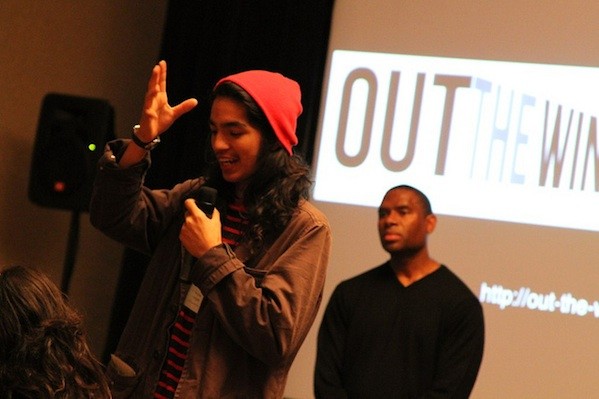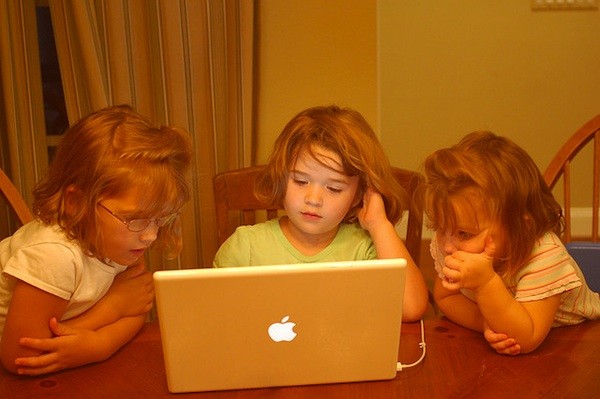dmlcentral.net
School, Work and Play: Decoding Digital Age Shifts
Learning with digital media is often articulated through an affective vocabulary of play, informality, enjoyment, and creativity, as opposed to the formality, standards and routines of conventional schooling. This difference in the language of learning corresponds with changing patterns in work. Employers now claim they want to hire more playful and creative recruits with portfolios of experience in social networking and online virtual worlds.… more
Happiness, Learning, and Technology: Why “Affective” Schools are the New “Effective” Schools
What are the connections between emotional education and digital media and learning? Faced with a global economic recession, civic unrest, and major environmental catastrophe, governments around the world are now obsessed with cheering us all up, especially kids. Measures are being designed to gauge global, national, organizational and individual levels of happiness, and well-being is being put at the heart of public policy.… more
On Parenting, Media, Education and Phobias
Modern cinema can teach us how youth and media are widely understood in our cultures. Cinema, like works of literature and visual art, can represent and diagnose our widespread fears and fantasies about young people and about how we, as cultures, bring them up. Back 150 years ago, for example, Charles Kingsley’s moral fable The Water-Babies challenged child labor. Today, the journal "International Research in Children’s Literature" publishes scholarly analyses of how children’s literature can both help in children’s growing up and impose on them social and moral codes from the dominant culture. Similarly, analyzing the way in which childhood is represented in movies can help illuminate today’s cultural concerns with children’s growing up and the ways in which they are positioned by social and moral codes in the digital age.… more


